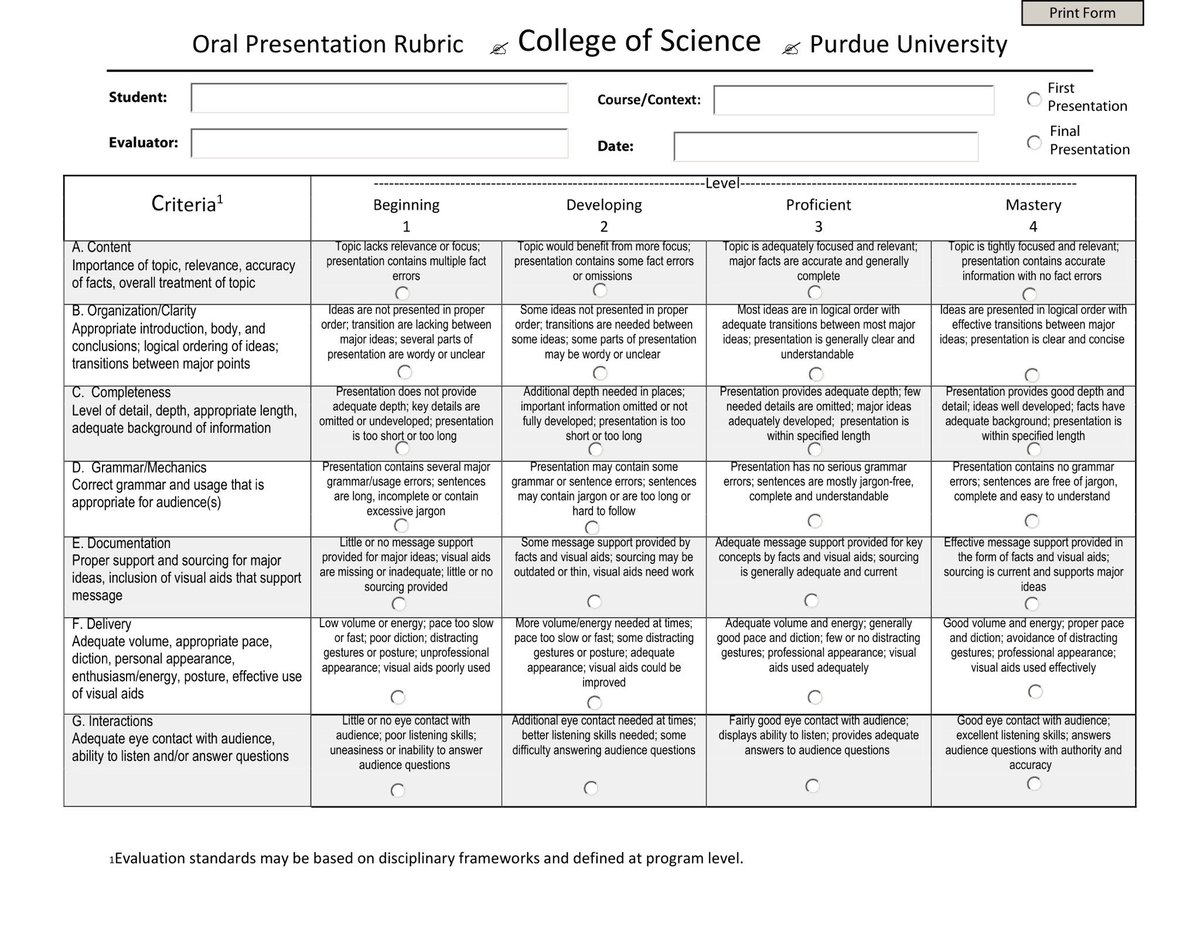After giving several presentations right from bachelor's to master's to PhD currently and at various conferences. Here are some points that I keep in mind.
A 🧵
@PhDVoice @ThePhDPlace @PhD_Genie @OpenAcademics #AcademicChatter #AcademicTwitter #scicomm #STEM
A 🧵
@PhDVoice @ThePhDPlace @PhD_Genie @OpenAcademics #AcademicChatter #AcademicTwitter #scicomm #STEM
Even I develop my presentation skills through feedback that I receive from my supervisors, audience/readers etc. I hope these points are helpful to you. Also, you may already know some of them if so, thank you for your time. Thank you for reading!
1. The first slide: I now stick to one image which looks neat and simple for my research presentations. I add 2-3 images if it's something about creativity or something else.
Sample 1:
Sample 1:

2.Presentation Progress slide: This gives the audience an idea of what topics you will cover in your presentation. This is the “context” slide.
Sample 1:
Sample 1:

3.The background slide: You never know if your audience has background information about what you are presenting. So make sure, you have a background slide that explains a bit about it.
I have seen people get interested in your research once they know some background information which might spark curiosity.
Sample 1:
Sample 1:

4. Fill out the full forms: We get used to using short forms in the field we are working but others might not be familiar with it. So never forget to write full forms of any words.
Sample:
Sample:

5.The fact/trivia check slide: If there is something interesting fact/trivia about your work then don't forget to share it. It's a great way to give insights into your research.
Sample:
Sample:

6.The “Result” slide: My supervisor encourages me to write about any figures in research papers (that I present) as I understand them. Kind of avoiding heavy jargon. In that way, it becomes easy to make others understand.
Sample 1:
Sample 1:

7.The flowchart format: A flowchart form of data presentation is often easy to follow. If possible or wherever necessary, it's better to give a flowchart explanation.
Sample:
Sample:

8.The “one-slide” sum-up: I have made a point now to present the research (mine or others) and to sum it up in one slide. The entire research paper: “In just one slide”.
This is helping me a lot because whenever I want to refer back, this one slide is enough to see what the research is all about.
Sample 1:
Sample 1:

Sample 2: That's my PhD project in one slide which I presented at my #3MT talk. 

To see one of my creative slides on “The poetry of neuroscience”.
Check it out here:
Check it out here:
https://twitter.com/vnvrinda/status/1510367605697261573?s=21&t=6YeVzugs9f4_Yi09DDNdiQ
Note: All the samples in the thread are from my presentations on different topics and I have made them using @canva. Thank you for reading!
• • •
Missing some Tweet in this thread? You can try to
force a refresh
















